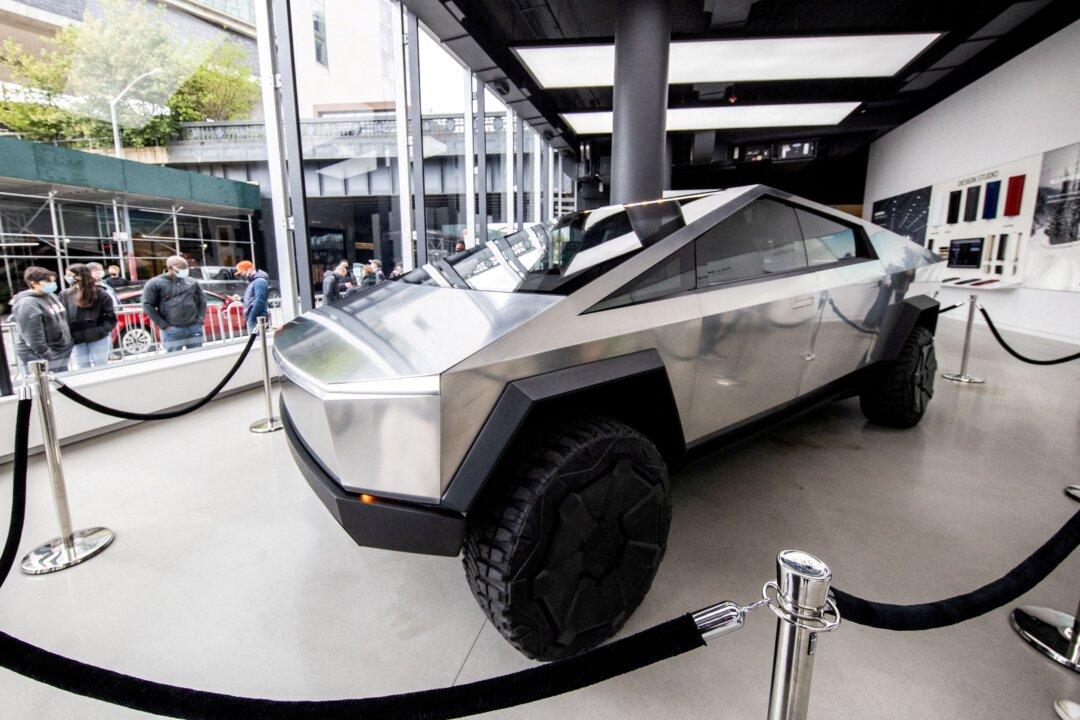Tesla Inc. has delayed production of its much-awaited Cybertruck, aiming to start in 2023, chief executive Elon Musk said on Wednesday, at a time when rivals are doubling down on efforts to capture the lucrative market.
The announcement comes as the electric-vehicle maker reported record quarterly revenue and 2022 deliveries growing more than 50 percent, despite supply chain issues.





